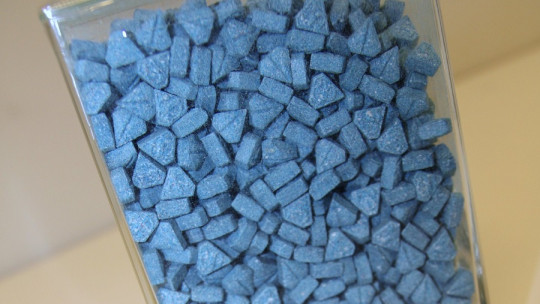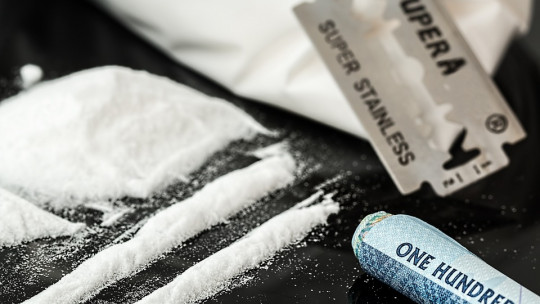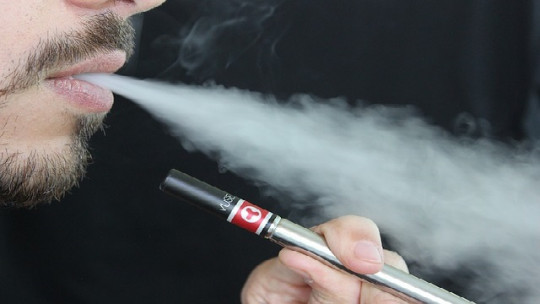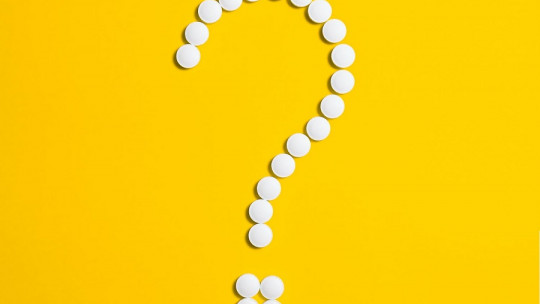
Drug consumption is the order of the day in Spain, especially if we talk about cocaine and cannabis. Drug use is more common in adults aged 35 and older, and beyond age, there are other traits statistically associated with greater consumption of substances of this type.
We’ll see now What are the main characteristics of people who use drugs? Knowing them helps to better manage prevention and care resources for cases in which drug addiction compromises the health and quality of life of the population.
What characteristics do people who use drugs usually have?
First of all, generally Men are more likely to use illicit drugs and women tend to resort more frequently to drugs such as hypnosedatives or tranquilizers. But beyond this there are other issues to address.
What type of drug is most prevalent in Spain? According to the studies, Most people who detox usually use alcohol or cocaine
Of course, are there other series of behaviors that create addiction even if they do not require the physical presence of drugs? Of course, addictions to new technologies, shopping, sex, games or compulsive eating are becoming more and more common. However, the brain mechanisms involved in this type of addiction are the same as with the presence of physical drugs and the personal, social, family and neuronal characteristics that influence the appearance of addiction as well.
Although none of these characteristics or traits determine the appearance of addiction, it is possible to identify those that can make a person more susceptible to developing a drug addiction.
1. Low levels of dopamine in the brain
The brain reward system we found in the frontal lobe It generates dopamine and a comforting sensation in pleasurable situations, in this case, the initial and voluntary consumption of drugs. Generally, those people with a lower level of this neurotransmitter can find themselves hooked on drugs as a way of unconsciously regulating its presence in the brain.
2. The presence of an addicted family member
When there are people with addictions in the family system, it may be common to resort to drug consumption either because it is normalized within this system or because the person identifies with the addicted family member and copies their consumption behavior or because that is your problem coping model
3. Low tolerance for frustration
Normally, people who tolerate suffering or failure worse (due to lack of experience, a very high level of internal demand or lack of coping strategies) are usually more prone to drug use. as a form of momentary evasion from this internal discomfort
4. Peer groups in which consumption is frequent
Belonging to family, friendly or work groups in which consumption is frequent and normalized can have a positive impact on drug consumption because it is associated with a normalized form of leisure, its negative effects are minimized as a consequence of the appearance of the psychological phenomenon of the “mass” and availability of the drug is very high.
Furthermore, the group that consumes frequently is not aware of its addiction, does not consider why it resorts to drugs or why it is increasingly necessary for your fun and automated consumption and high economic expenditure are used to obtain it.
5. Openness to experience
People who are curious and have this marked personality factor (need to try new experiences, feel adrenaline, being a daring person) influence them to try drugs initially looking for an alteration in the state of consciousness or a pleasant state of intoxication but they can influence addiction because the risk of adverse consequences tends to be minimized and to associate consumption with moments in which it is initially done voluntarily to provoke greater enjoyment.
6. Feeling of emptiness, depression and loneliness
The consumption of not only illegal drugs but also pharmaceuticals is closely related to feelings of irascibility, sleep disturbances, depression, low mood, loneliness and emptiness In this case, the person tries to anesthetize their pain with the presence of drugs or drugs with a sedative and mitigating effect.
The presence of work stress, the experience of grief or being in a period of adaptation can also influence people to feel attracted to using drugs.
7. Low self-esteem
People with low self-esteem may feel that their emotional well-being does not depend on themselves and seek momentary external relief instead of activating their social support network, starting psychotherapy, or developing another healthy activity that causes well-being and covers these deficiencies. Adolescents with low self-esteem are prone to consumption due to social pressure and to feel recognized as members of a drug-using group to which they admire or wish to belong.








